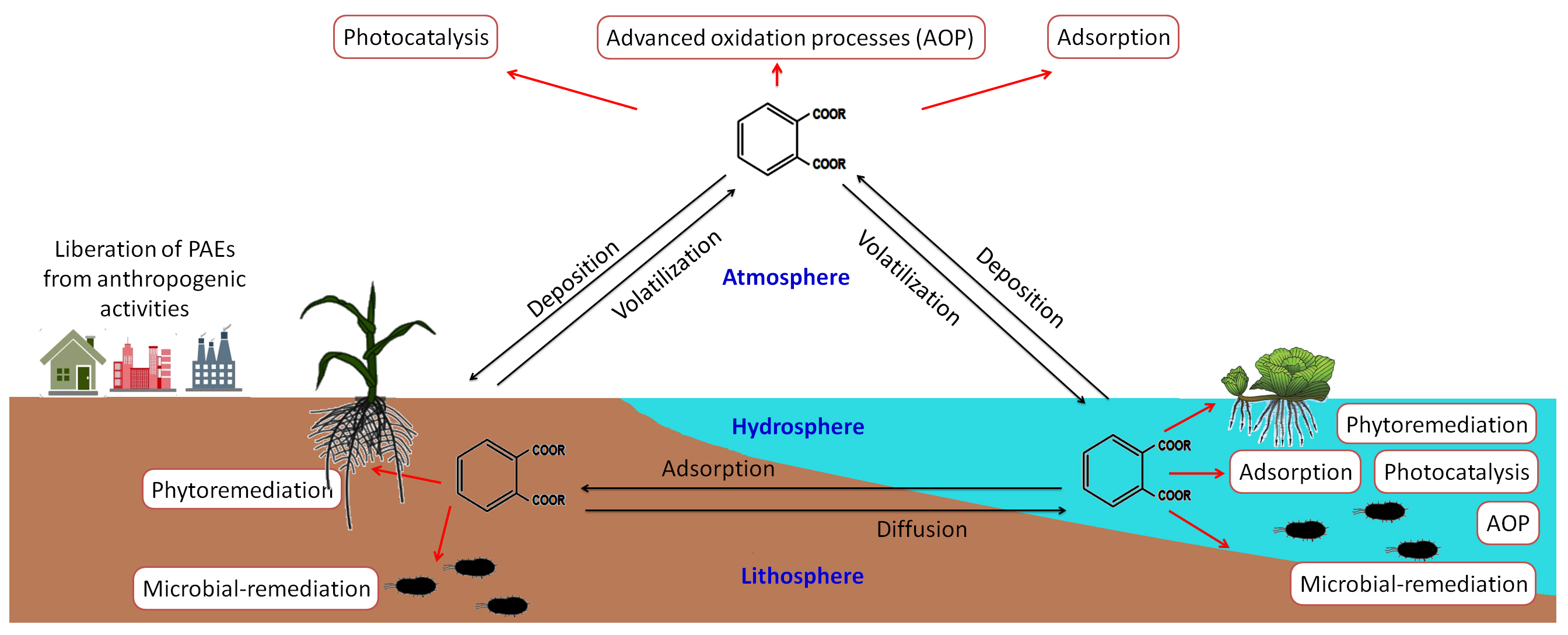 Dr Lakhveer Singh, Assistant Professor, Department of Environmental Science, SRM University-AP, Andhra Pradesh published an article titled “Remediation strategies for mitigation of phthalate pollution: Challenges and future perspectives” in the Journal of Hazardous Materials, with an Impact Factor of 9.03. In recent times, there has been an escalating concern over the risk of phthalate exposure leading to adverse effects on human health and the environment. Dr Lakhveer acknowledged the necessity of understanding the current status of phthalate pollution, their sources, exposure routes, and health impacts, along with understanding the remediation technologies for mitigating such issues.
Dr Lakhveer Singh, Assistant Professor, Department of Environmental Science, SRM University-AP, Andhra Pradesh published an article titled “Remediation strategies for mitigation of phthalate pollution: Challenges and future perspectives” in the Journal of Hazardous Materials, with an Impact Factor of 9.03. In recent times, there has been an escalating concern over the risk of phthalate exposure leading to adverse effects on human health and the environment. Dr Lakhveer acknowledged the necessity of understanding the current status of phthalate pollution, their sources, exposure routes, and health impacts, along with understanding the remediation technologies for mitigating such issues.
 In this collaborative work between Indian Institute of Technology, Delhi, Jawaharlal Nehru University, and SRM AP, Dr Lakhveer enumerates the major phthalates in use today, shares insights on the ever-increasing data on health burdens posed by phthalates and simultaneously, highlights the recent advancements in research to alleviate phthalate contamination from the environment. Tracing their environmental fate, he addresses the growing health hazard concerns imposed by phthalates, along with focusing on understanding the different physical, chemical, and biological treatment of phthalates that are currently being used.
In this collaborative work between Indian Institute of Technology, Delhi, Jawaharlal Nehru University, and SRM AP, Dr Lakhveer enumerates the major phthalates in use today, shares insights on the ever-increasing data on health burdens posed by phthalates and simultaneously, highlights the recent advancements in research to alleviate phthalate contamination from the environment. Tracing their environmental fate, he addresses the growing health hazard concerns imposed by phthalates, along with focusing on understanding the different physical, chemical, and biological treatment of phthalates that are currently being used.
Dr Lakhveer explains, “Depending on the degree and nature of contamination, PAEs can be eliminated from different environmental matrices via various available processes such as adsorption, coagulation-flocculation, microbial biodegradation, phytoremediation, photocatalysis, and advanced oxidation processes. However, the efficiency of all these processes depends on various factors including inherent Physico-chemical nature of phthalates, environmental factors, and technological sufficiency.” Thus, advancing his research work in the future, Dr Lakhveer will opt for a holistic approach to develop novel processes for the remediation.

